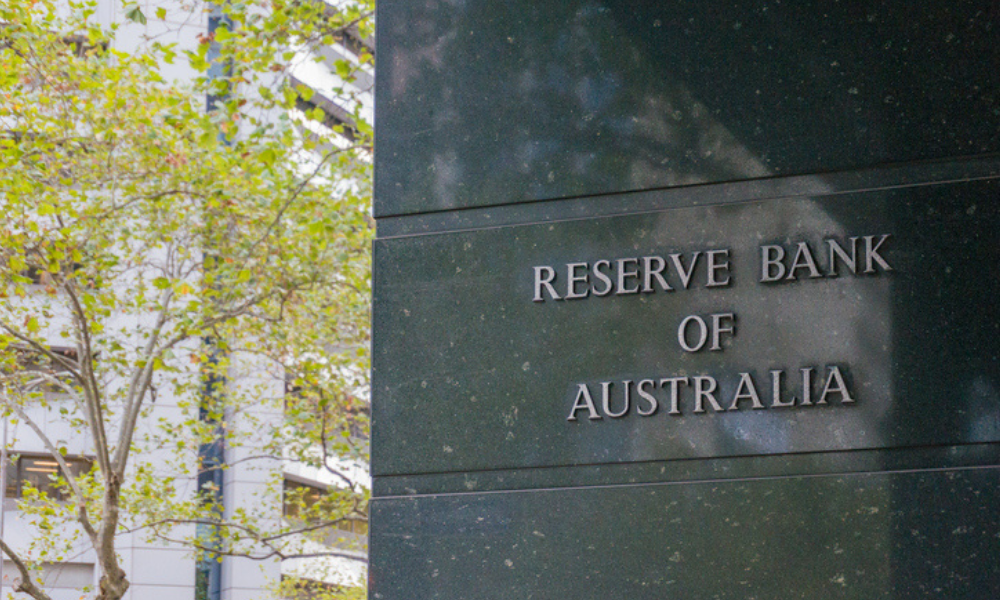Sharp rate rises will place "real pressure on people," prime minister says

Prime Minister Anthony Albanese has warned the Reserve Bank of Australia against “overreach” in its efforts to tamp down inflation as RBA Governor Philip Lowe signalled that rates could rise at least 2.5% over the coming months.
Market watchers are predicting that rates could eventually exceed 3%, according to The Australian. Albanese said that a sharp spike in borrowing costs would place “real pressure on people,” and while he recognised the RBA’s independence, “they need to be careful that they don’t overreach as well.”
Lowe, speaking to The Australian’s Strategic Business Forum, said that further hikes above the current cash rate of 1.35% would help establish a “more sustainable balance between demand and supply in the economy.”
Lowe said a rate of 2.5% was probably the “neutral” cash rate, but the rate was likely to go higher “if inflation expectations shift higher.” He said the central bank was “not on a pre-set course” on monetary policy, but was “determined to bring inflation back to 2-3% over time.”
Lowe defended the RBA board’s decision to drop rates to 0.1% during the COVID-19 crisis, The Australian reported. However, he conceded that the central bank’s “very strong insurance mindset” during the crisis resulted in some over-stimulus that had contributed to Australia’s inflation woes.
“Looking at this experience with hindsight, I can understand why some people might conclude that too much support was provided by governments and central banks,” he said. “At the time the decision was made, the outlook was dire. We wanted to do what we could to provide insurance for Australians against the potentially catastrophic economic consequences of the pandemic. I recognise, though, that while this approach meant we avoided some damaging long-term scarring, it has contributed to the inflationary pressures we are now experiencing.”
Read next: Aussies can handle further rate hikes – RBA
COVID-19’s impact on global supply chains and the Ukraine war’s effects on fuel and energy prices have also contributed to skyrocketing consumer price growth, which is expected to pass 7% by the end of the year, The Australian reported.
Treasurer Jim Chalmers, who recently announced a review into the RBA’s operations and performance, said that monetary policy alone would not address all the factors driving prices higher.
“Higher interest rates can’t stop a war or grow more food or produce more oil,” Chalmers said. “They can’t fix a skills shortage, improve flatlining productivity, or repair a broken energy market. If we ask central banks to solve this problem on their own, then … we are asking for a hard landing.”



